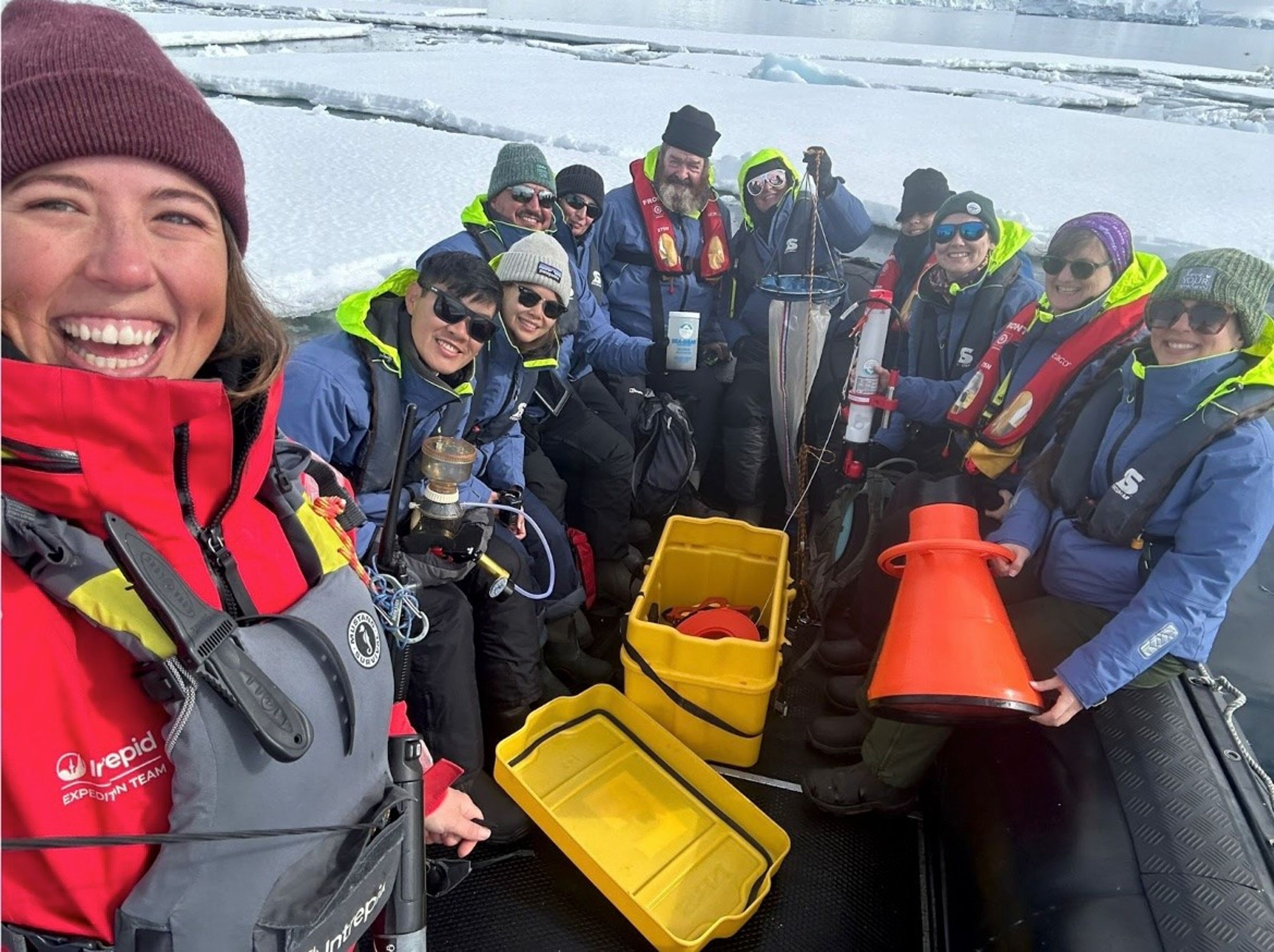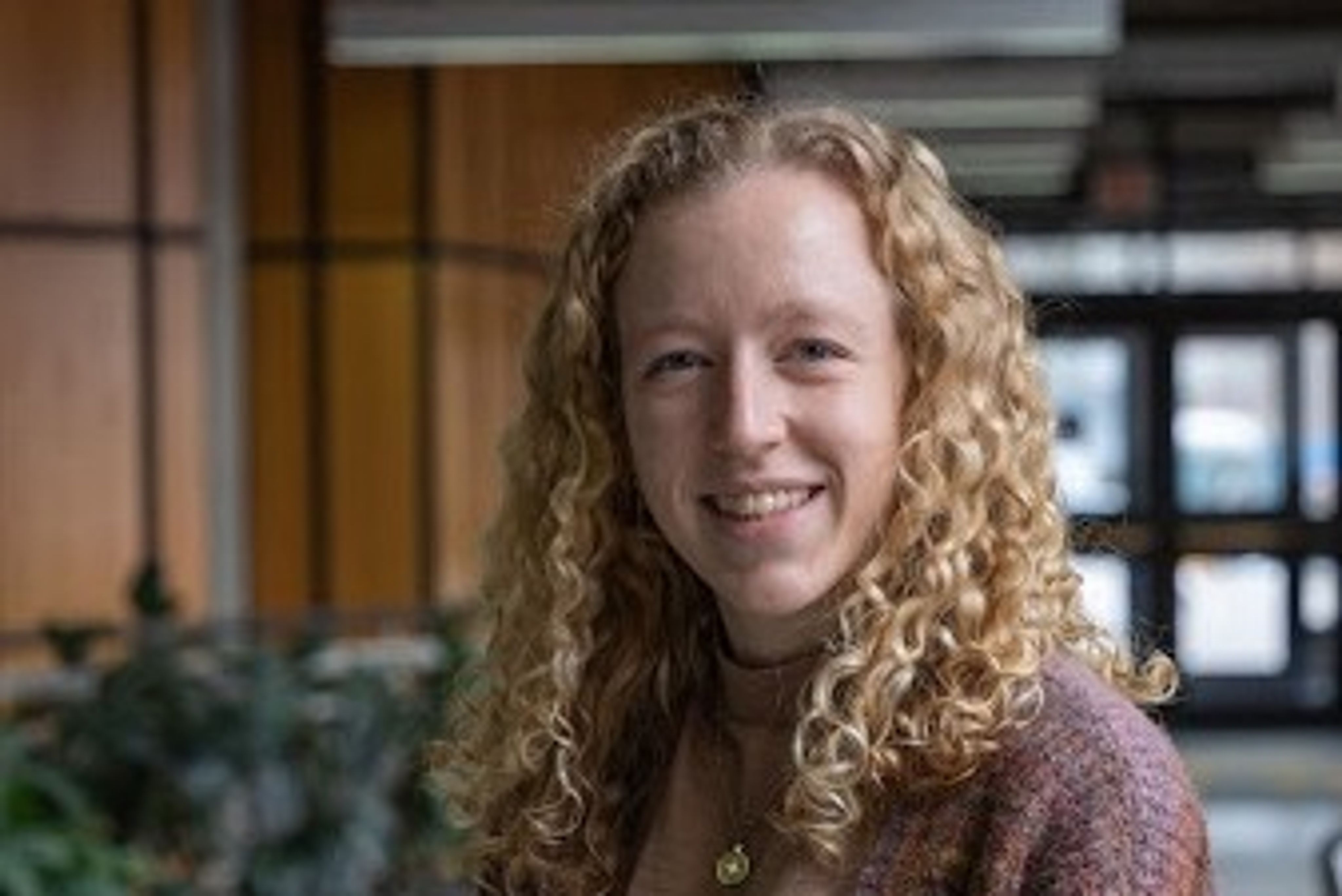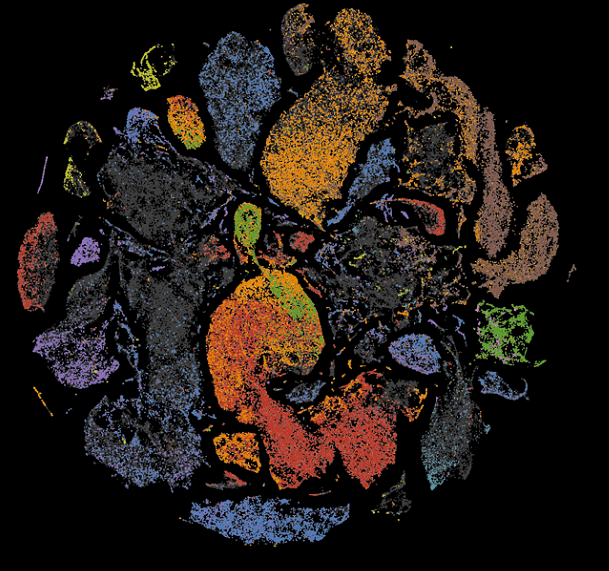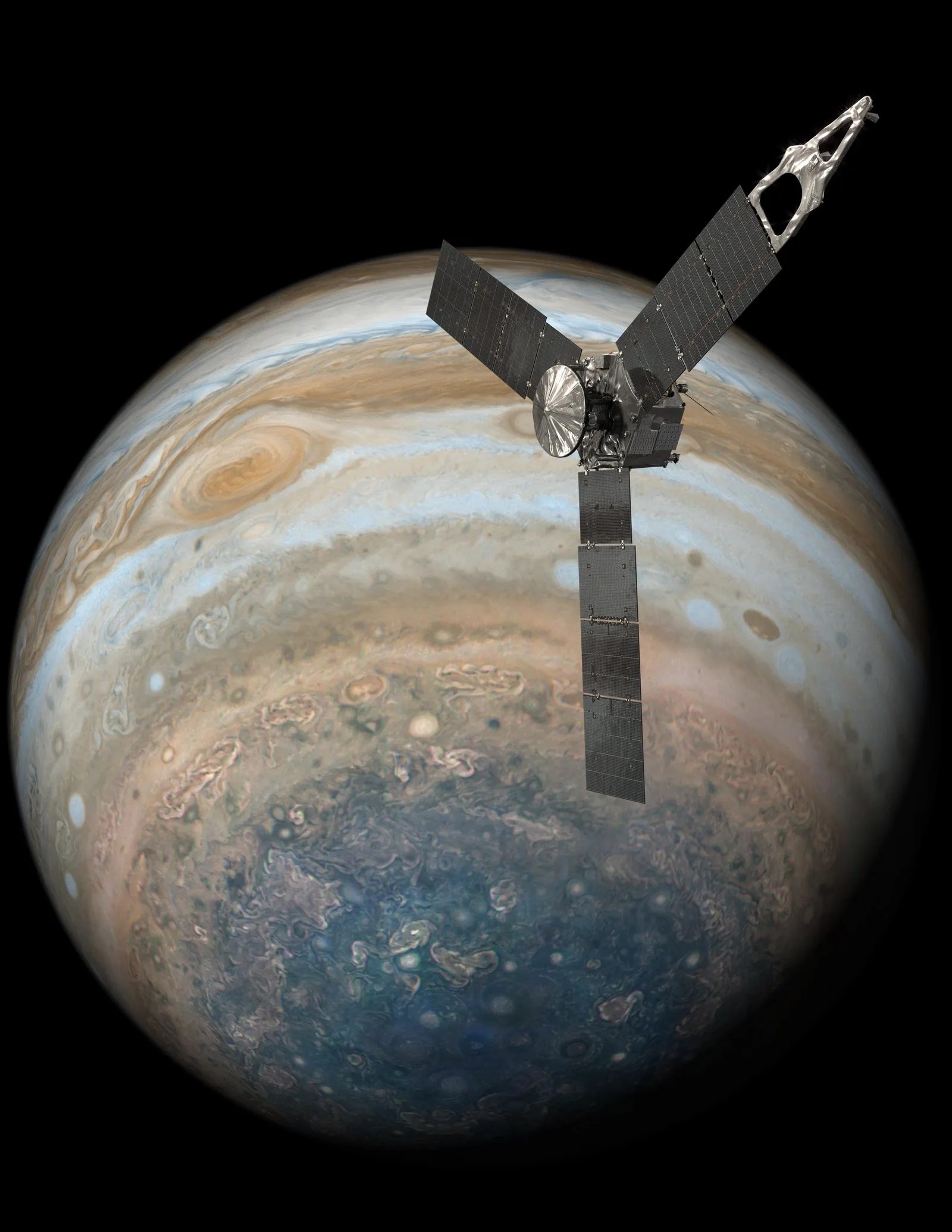3 min read
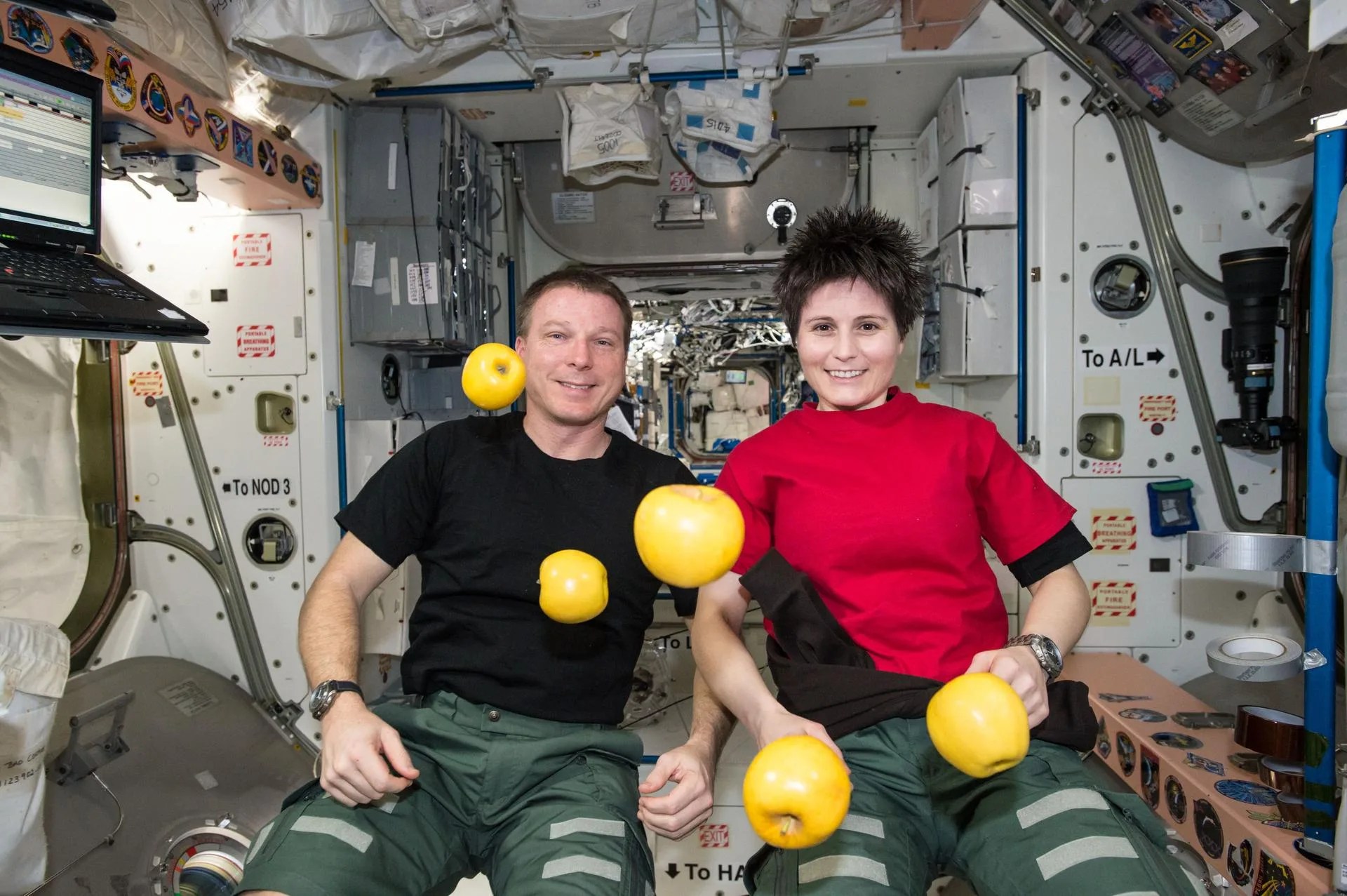
We’re launching our account on the day when, almost 400 years ago, one of the most significant scientific figures was born (according to the Gregorian, or New Style, calendar). You probably know Sir Isaac Newton from a certain apple story, but you may not know that he lived through a pandemic, just as we are today.
In 1665, an outbreak of the bubonic plague caused Newton’s school to close, leading him to study from home for two years. He went on to make one of the discoveries he is most famous for: that the same force acts upon all objects in the universe; and he was able to represent this phenomenon mathematically, establishing his law of universal gravitation. Newton’s findings on areas including gravity have shaped our understanding of the universe and continue to impact our work in space today.

At home on Earth, gravity makes our lives so much easier. With this force governing our world, our muscles are naturally strengthened because they have to support our body weight, and water doesn’t float up into the air around us after we pour it into a glass. But to accomplish our goal of thriving in space, we have to adapt to living and working without forces like gravity acting upon us. That’s where our work at BPS comes in.
Much of our research focuses on how fundamental biological and physical processes are affected by gravity — or the lack of it. We study how the space environment impacts biological processes like cell function and plant growth, as well as physical processes such as combustion and fluid movement. Now is a particularly exciting time for us, as we’re providing scientists a once in a decade opportunity to help shape the future of transformative science research.
The insights gathered from our studies in space help inform the science needed to address the problems we face on Earth as well. For example, NASA’s research on bone and muscle loss aboard the International Space Station could contribute to medical advancements for preventing and treating diseases like osteoporosis. Developing ways to grow plants in space gives us tools for raising crops under the most difficult conditions on our home planet.
In fact, you have probably already experienced some of the benefits of our space-tested work back on Earth, like LED bulbs to promote plant growth, improvements in firefighting tools, and household products such as shampoos, laundry detergents, and dish soaps.

During Newton’s time several centuries ago, the role of gravity was still being defined, whereas today we’re preparing to establish the first long-term presence on the Moon with NASA’s Artemis program.
As Newton once said, “What we know is a drop, what we don’t know is an ocean.”
Follow us as we, at NASA BPS, investigate ways to go farther and stay longer in space, in order to advance space exploration and enable scientific discovery that benefits life on Earth!
For more on BPS: https://science.nasa.gov/biological-physical
Follow us on Twitter: https://twitter.com/NASASpaceSci
NASA’s Biological and Physical Sciences Division pioneers scientific discovery and enables exploration by using space environments to conduct investigations not possible on Earth. Studying biological and physical phenomenon under extreme conditions allows researchers to advance the fundamental scientific knowledge required to go farther and stay longer in space, while also benefitting life on Earth.

